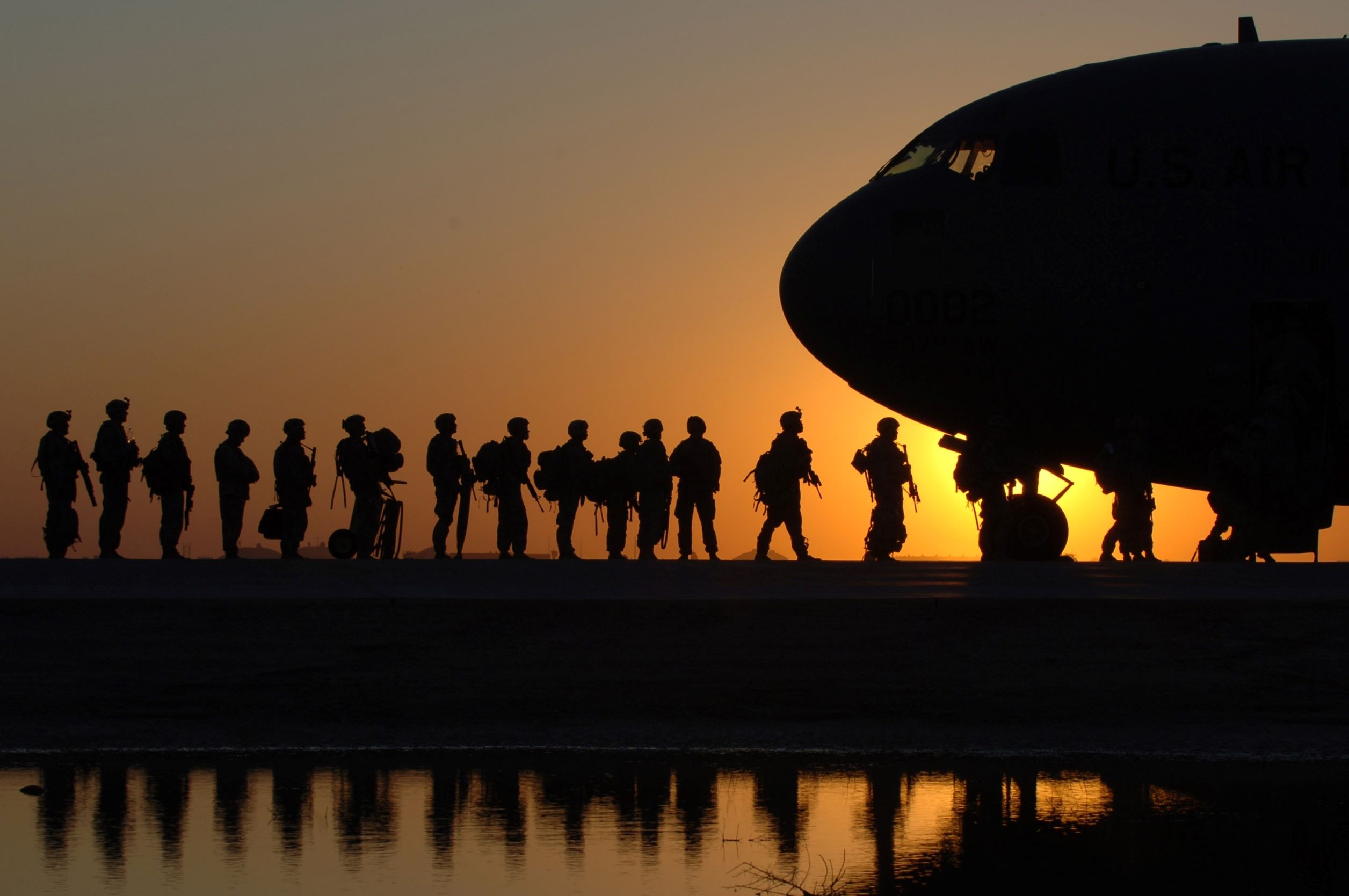Trauma can happen to anyone. An accident, a violent act, or a history of abuse can all contribute to a condition known as post-traumatic stress disorder (PTSD). For members of the military, PTSD can result from battle or from other incidents they experience during their time in the service. Mental health in the military is a serious concern; it is especially important to understand why and how to access military PTSD treatment.
PTSD Symptoms
The symptoms of PTSD can differ somewhat from one person to another, but generally fit into four types.
Reliving the event: Commonly referred to as flashbacks, these unwelcome memories can arise at any time. These memories can be very scary because they feel real, as those the individual is experiencing the traumatic event all over again. Flashbacks can be triggered by something that reminds the person of the event, such as a car backfiring that sounds like gunfire.
Avoiding places or people that are reminders of the event: A combat veteran, for example, may avoided crowded places because it feels too dangerous to be around a large group of people. An individual may also try to stay very busy to avoid having to think or talk about the traumatic event that caused the PTSD.
Experiencing more negative thoughts and feelings: Feelings of sadness or being numb, losing interest in things that were once enjoyable, and feeling that the world is too dangerous a place may be symptoms of PTSD in members of the military as well as veterans. Guilt can also arise from the event, as a person may feel as though they should have done more to stop it.
Feeling on edge or jittery: An individual with PTSD may find it difficult to relax, have trouble sleeping or concentrating, and may always be on the lookout for danger. In this state of hyperarousal, they may become angry suddenly or be startled easily. The individual may also turn to unhealthy behaviors such as abusing drugs and alcohol or driving aggressively.
Importance of Military PTSD Treatment
Treatment for PTSD can be helpful even if the traumatic event happened well in the past. If PTSD is not treated, though, it will probably not get better and may even get worse. Many people think their symptoms will just go away if they give it time, but that is probably not going to happen. Treatment can help prevent or heal issues that may arise in relationships, on the job, and in daily life from the symptoms.
It’s normal for someone to feel as though they are not ready for treatment or that they do not want to talk about the traumatizing incident. Not wanting to think about it or talk about it is a symptom of the disorder itself. Getting treatment as soon as possible is critical to the individual’s health and well-being so they can begin feeling better about themselves and their situation.
Associated Issues
The symptoms of PTSD can be difficult to manage by themselves, but they can also be accompanied by other issues that can affect mental health in the military. Problems such as anxiety, depression, drug and alcohol abuse, and thoughts of self-harm can arise out of PTSD as well. These issues can further worsen problems in relationships, at work, or just trying to live a healthy life from one day to the next. Treatment for PTSD can also address these associated issues.
Military Members and Veterans with PTSD
PTSD can happen to anyone, whether they are in the military, are veterans, or are civilians. The disorder is not a sign of weakness but is a response to a traumatic event that can be treated and healed. Trauma is not rare. About 60% of men and 50% of women experience at least one trauma at some point in their lives. It’s been estimated that eight million adults in the US have PTSD each year.
The number of veterans with the disorder varies by their service area. About 30% of those who served in the Vietnam War have had PTSD at some point in their lifetime. Twelve out of every 100 veterans of the Gulf War have experienced PTSD. Between 11% and 20% of those who served in Operation Iraqi Freedom or Operation Enduring Freedom have PTSD.
TRICARE Coverage
Military PTSD treatment is generally covered by most healthcare insurance programs. For those in the military, TRICARE typically covers the care that is deemed medically and psychologically necessary for mental health and substance use disorder treatment. Inpatient and outpatient care, including psychotherapy, management of withdrawal symptoms (detox), opioid treatment programs, therapeutic services, cognitive rehabilitation therapy, and substance use disorder treatment are usually covered services.
Programs for Military and Families
PTSD can also affect the families of service members. At Hemet Valley Recovery Center & Sage Retreat, we recognize the need for mental health in the military, for service members as well as their spouses and children. We offer programs tailored to the needs of individuals in the service, particularly military PTSD treatment that can mean the difference in a healthy, productive life for everyone involved.
Contact Us for Help with Your PTSD and Addiction
Helping the military and their family members is a huge part of our mission at Hemet Valley Recovery Center & Sage Retreat. We tailor our services to your individual needs, including services for psychiatric inpatient and outpatient treatment, residential treatment services, and substance use disorder treatment. If you or a loved one is struggling with PTSD and addiction to alcohol or drugs, please contact Hemet Valley Recovery Center & Sage Retreat today. Our treatment center and medical detox is the ideal environment to begin a journey of lasting recovery.


